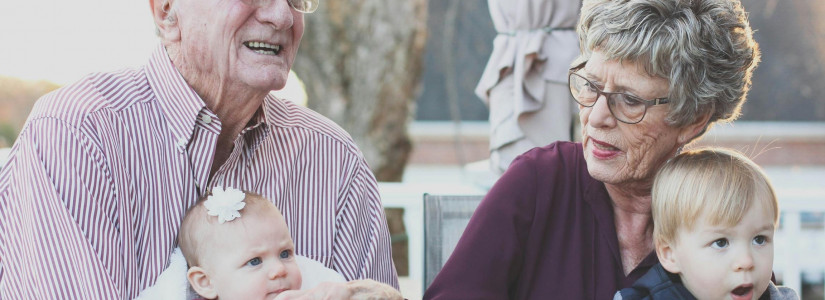The Commander's Key Support Program: A New Name and Expanded Opportunities for Family Support
The Department of the Air Force recently announced the rebranding of the Key Spouse Program to the Commander's Key Support Program at the annual major command spouse conference held March 13-15.
The updated program now offers more opportunities for Airmen, Guardians, federal employees, and family members to contribute to their units, allowing everyone interested, regardless of marital status, to hold a volunteer role, as long as volunteer duties do not conflict with primary responsibilities.
Moving forward, volunteers will be identified as Key Support Liaisons, or KSLs.
The Key Spouse Program had its origins in 2009 as an initiative of the Air Force chief of staff to improve connection and communication flow from leadership to families.
Over the past 15 years, it has undergone several changes, but volunteering remained limited to military members' spouses.
However, the rebranding of the program reflects the diverse talents and contributions all members of the community can make and ensures that everyone feels included in supporting the families.
According to Gina Allvin, the spouse of the Air Force chief of staff, "Our goal is to create a culture where support programs are ready to surge when needed.
When service members and their families understand the resources available to them, it makes navigating challenging times easier for the entire base community."
With the updated program, the Air Force is incorporating new readiness, resource, and connectedness objectives designed to help commanders meet the needs of modern families.
The updated program is expected to provide virtual training in mid-2024 through MilLife Learning and updated tools and templates, as well as local resource connections to participants for success.
The changes are the result of a collaborative effort between the Air Force Personnel Center and current and past volunteers. As Jennifer Saltzman, the spouse of the U.S. Space Force chief of Space Operations, stated, "This update recognizes the diverse talents and contributions all members of our community can make and ensures that everyone feels included."
She also expressed gratitude for Space Force and Air Force Key Spouses of the year, Tauni Combs and Lina Arenas, for their contributions in shaping this important transformation.
By expanding the opportunities for involvement, the program hopes to strengthen connections and enhance the readiness and resilience of the entire force.
As U.S. Space Force Chief of Space Operations Gen. Chance Saltzman noted, "We’re at our best when we stand together, confident that our strong network of teammates is ready to offer support when needed."
In conclusion, the Commander's Key Support Program is a vital program that helps support families of military members. The rebranding of the program reflects a significant shift in the program's focus, opening more avenues for support and incorporating new readiness, resource, and connectedness objectives.
By making the program more inclusive and expanding opportunities for participation, the goal is to strengthen connections within the military community and enhance overall family readiness and resilience.
The program is a testament to the Air Force's commitment to supporting its members and their families and will undoubtedly provide much-needed help to families in need.











